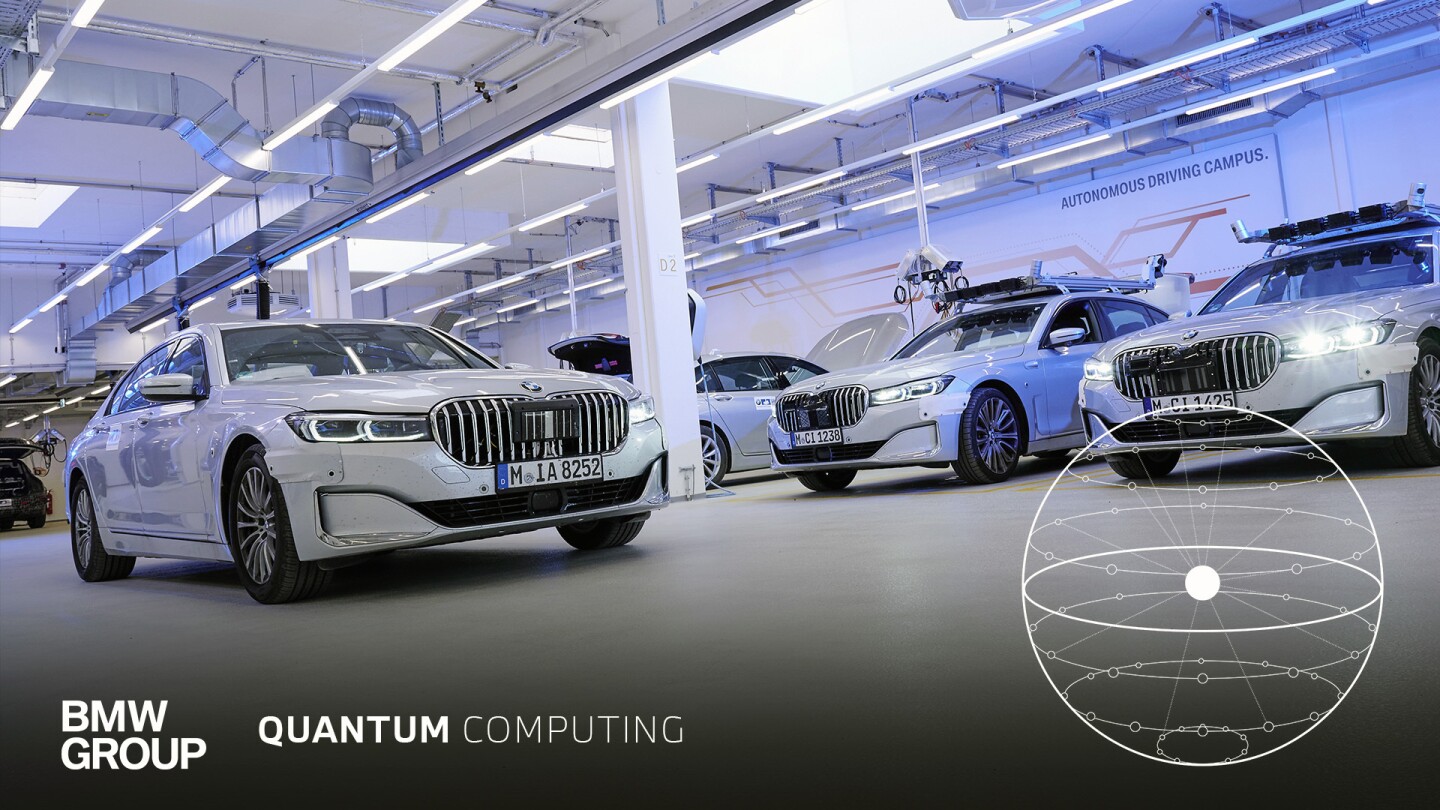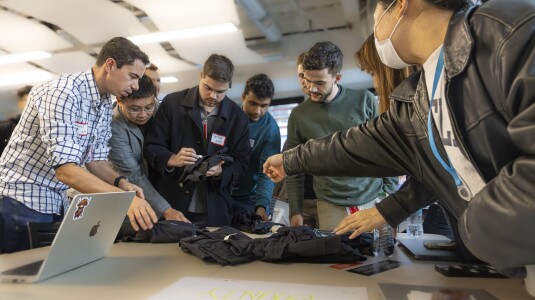Editor's note: This challenge is closed to new entries.
The potential applications and promise of quantum technology are vast, and one of the most promising sectors in which to apply that potential is the automotive industry. To that end, the BMW Group and Amazon Web Services (AWS) are soliciting proposals that leverage quantum technology to help address some of the automotive industry's biggest challenges as part of the BMW Group Quantum Computing Challenge. The challenge is open to researchers in industry and academia around the globe, and the deadline for submissions is Sept. 24, 2021.
Experts from the BMW Group identified more than 50 challenges where quantum computing could play a role in their industry. Working in conjunction with the Amazon Quantum Solutions Lab Professional Services team, the teams narrowed the focus to four challenges:
- Optimization of sensor positions for automated driving functions;
- Simulation of material deformation in the production process;
- Optimization of pre-production vehicle configuration; and
- Machine learning for automated quality assessment.
“Quantum computing is an emergent technology. While it may not affect production workloads in the short term, the BMW Group wants to explore how this technology could impact its business in the long run,” said Martin Schuetz, a Quantum Solutions Lab senior research scientist. “This challenge is about providing new ideas and new algorithms that can leverage quantum technology in a real-world capacity. To aid entrants in their submissions, we’re offering the opportunity to use Amazon Braket to develop and test their solutions, underscoring the benefit of AWS in this work.”
The challenge is an extension of an existing relationship between AWS and BMW. Last year, the BMW Group moved its on-premises data lake to AWS. The Cloud Data Hub, which was announced at re:Invent 2020, processes and combines anonymized data from vehicle sensors and other sources to make it easily accessible for internal teams creating customer-facing and internal applications.
The challenge has two rounds. In the first, participants submit a proposal for one of four use case challenges. In the second, teams with the top three submissions in each use case will be asked to develop their solutions. The final, virtual presentation to the competition’s judging panel, including domain experts from BMW and AWS, will take place in December. The winners will be announced at the Q2B quantum computing industry conference in December.
AWS is providing credits for entrants to use Amazon Braket to encourage development and testing of the quantum algorithms submitted. Amazon Braket provides a development environment to explore and build quantum algorithms, test them on quantum circuit simulators, and run them on a variety of quantum computers.





